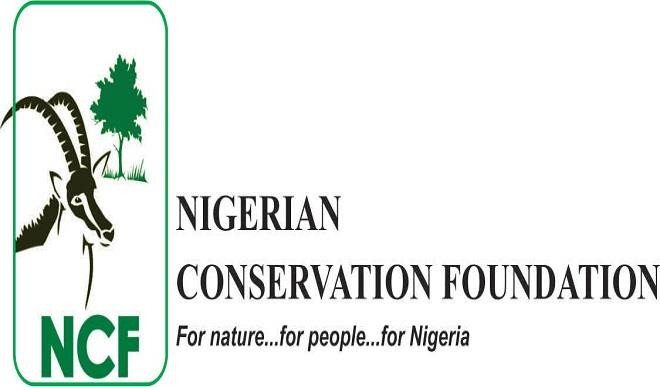NCF, Stakeholders Lament Low Patronage in Tourism Sector

The Nigerian Conservation Foundation, NCF, patronage from Nigerian’s wildlife sector has become less, and this hitherto resulted in businesses halt across the Sahara region of Nigeria.
Director-General of NCF, Dr Muhtari Aminu-Kano, stated that the foundation has entered into a partnership deal with Federal Government in promoting designated wildlife tourism sites, such as Hadejia-Nguru Wetlands, HNW, Ado-Awaye among others.
Speaking, Aminu-Kano while commemorated World Wetlands Day (WWD) recently, with the theme “wetlands and water” and it reflected on challenges and solutions surrounding the conservation of wetlands in Nigeria noted that the number of tourists visiting HNW annually has drastically reduced.
WWD is an annual global event used to highlight the need to protect wetlands and their biodiversities. NCF, Project Manager, Adedamola Oguesesan, through a WhatsApp chat with The Daily Times stated,
“Due to insurgency and insecurity, HNW has not been viable for birds watching and this is because annually the tourist site naturally designed as a major attraction for both local and international tourists to watch migratory birds as they move into the hinterland as they come from Europe.
“HNW is a very useful wetland for migratory birds which comes from Europe every year during the winter and return at the beginning of summer.
“We have partnered together in terms of educating people, we have partnered together by bringing donors to set up projects and we have partnered together by consistently engaging all stakeholders on the needs to ensure wetlands sustainability.
On a separate occasion, Dr Muhammad Mahmood Abubakar, Honourable Minister of the Environment said that the functions and importance of wetlands cannot be overemphasized.
He said: “Wetlands contribute immensely to tackling climate change challenges by enhancing the adaptation and resilience capacity of the ecosystems, provide nature-based climate solutions and address socio-economic.
He observed that the resources attributed to the wetlands in Nigeria are highly valuable as they contain a variety of reptiles, mammals, amphibians and bird’s species.
Lately, Aminu-Kano, in his presentation titled “Inseparable: water, wetlands and life” identified some basic environmental importance of wetlands as capturing and storing rainwater; replenishing groundwater aquifers; regulating water quantity and supply by releasing water at the right time to the right place in the right amounts; improving water quality by removing and absorbing pollutants.
Mr Sean Melbourne, Head of Climate Change & Energy West Africa, British High Commission said that wetlands provide some ecosystem services such as water regulation, flood control, water filtration and freshwater supply.
Chief Sharon Ikeazor also said that the Niger-Delta is the largest wetland in Africa and the 3rd largest mangrove forest in the world.
She believed that commemoration such as this will raise a voice for the restoration of wetlands, especially in our country.
Nigeria has 11 wetlands of international importance. The total area is about 1,076,728 hectares.
